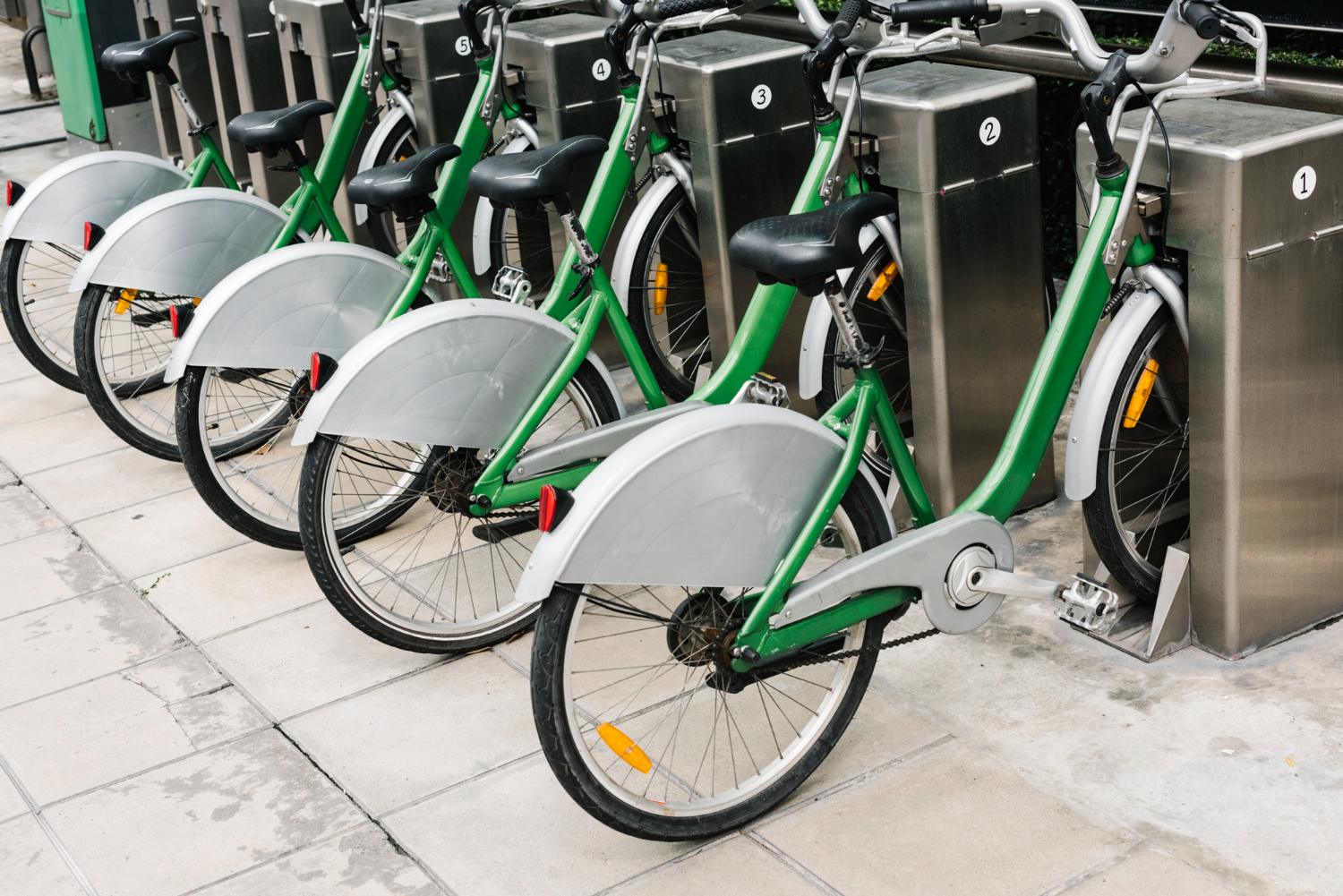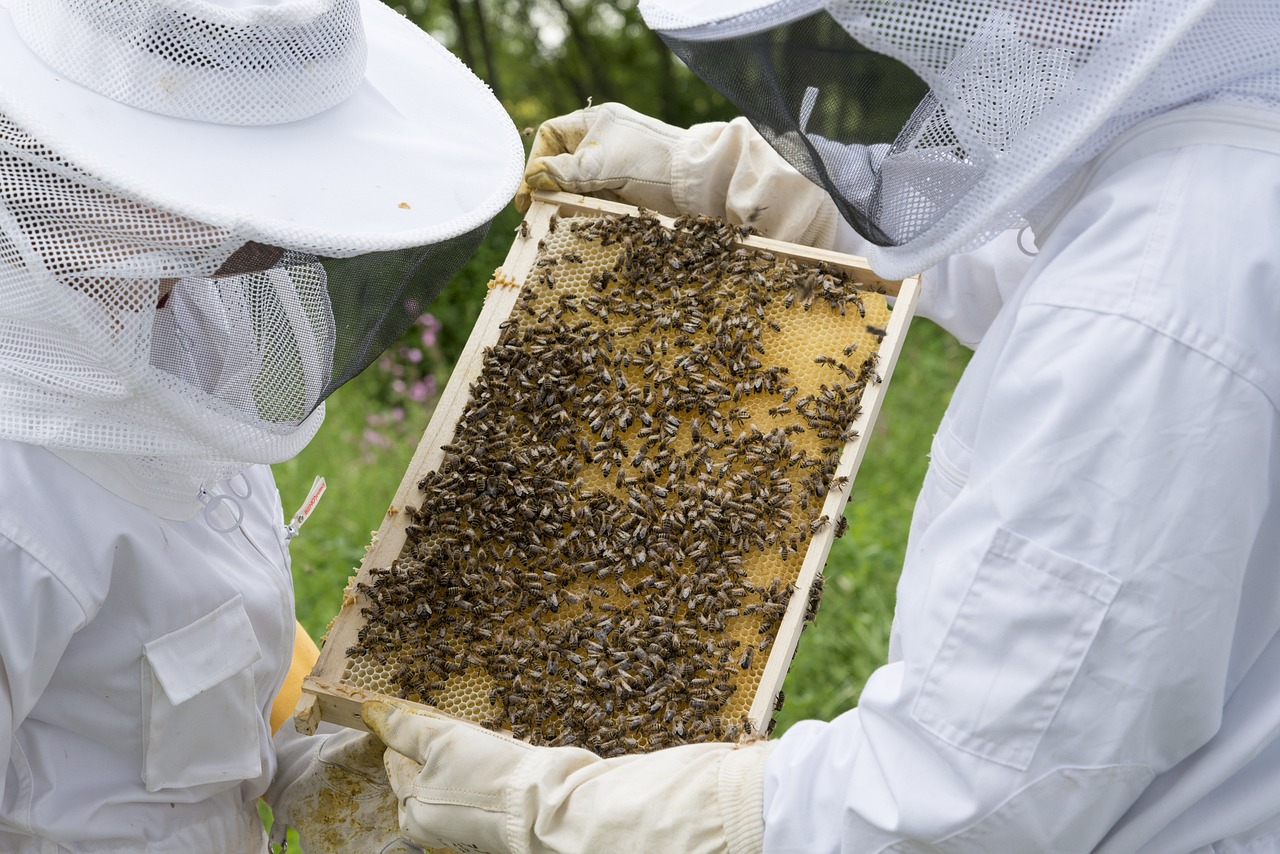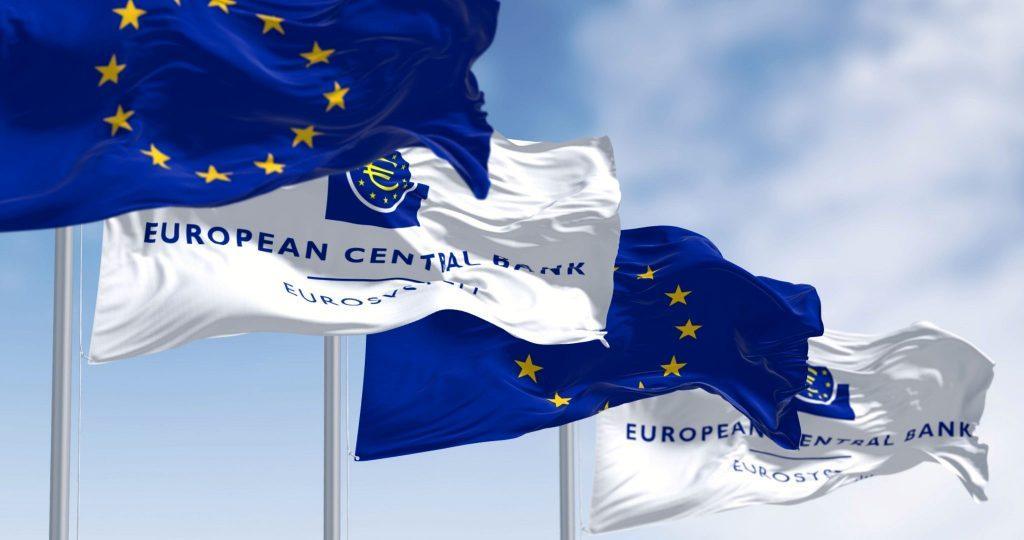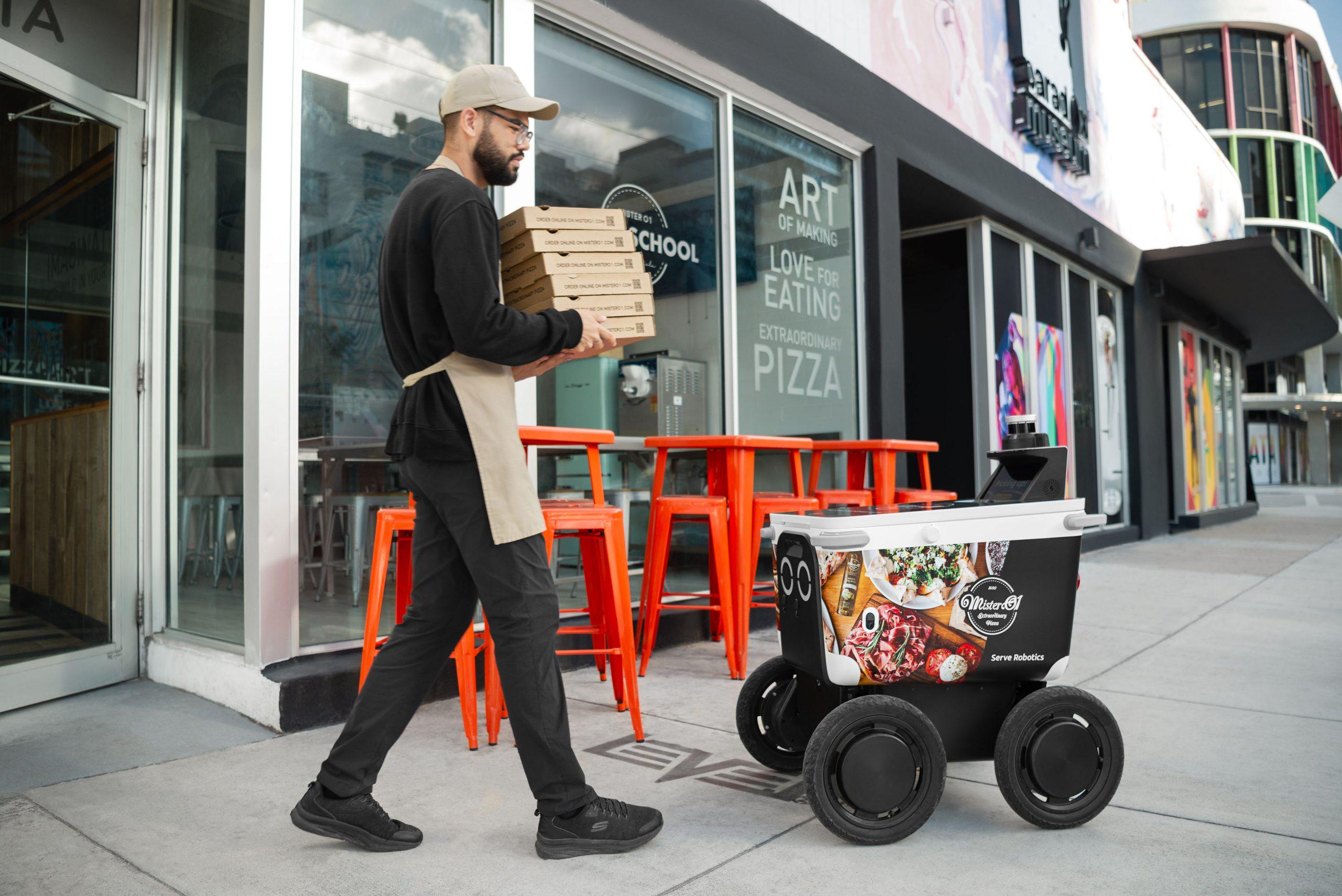For the coffee retail industry 2023 will begin with a reduction in consumption reaching 10%, since the habit of purchasing coffee from shops never returned to pre-pandemic levels.
On the contrary, “coffee at home”, or “coffee from home”, which was “glorified” during the endless months of confinement, continues to remain high in consumer preferences, filling the coffers of suppliers and supermarkets.
“During the two years of the pandemic, Greeks learned to make their own coffee at home. They bought equipment, experimented, got comfortable. When the restrictive measures were stopped, inflation had begun to flare up and “simple pleasures”, even cheap ones, such as coffee outside the home, began to decrease for a significant part of the population,” a café owner told OT.
Although the sector of Ho.Re.Ca. (hotels, restaurants, cafes) was among the winners this year due to increased tourist flows, coffee consumption was not as favored as one might expect, as was the case with beer and spirits. After all, the coffee shop market, whose value reaches 3 billion euros, has always been based on domestic purchasing traffic and not on tourists.
The reason for the decrease, according to industry players, is focused on the decrease in orders. “Two coffees or three coffees a day became one or two,” they say.
A problematic 2023
Given that inflationary pressures do not appear to be abating in the medium term, while at the same time energy costs continue to rise despite government subsidies, industry representatives are expressing their concern about what lies ahead in the new year.
They assure, however, that consumer prices will continue to be held at the current levels also because of the gradual de-escalation of raw material costs.
Lately, the price of coffee has begun to show signs of deceleration, with its market price ranging from 157 cents to 170 cents on the dollar per pound, when previously it had “hit” a 50-year high of even 230 cents per pound.
High sales at retail
On the contrary, coffee sales in the retail trade are maintained almost at pandemic levels.
It is noted that based on IRI data, the coffee market in supermarkets recorded a 10%-11% increase in sales volume and value in 2020 compared to 2019.
The total value of off-the-shelf coffee sales – and smaller shops included – is €400 million.
The omnipotence of espresso
In relation to other types of coffee, the consumption of espresso at home has taken off and the reason is: offers.
Almost 7 out of 10 espresso products are sold at a discount of 10-35% on supermarket shelves, with the most and biggest promotions being on compatible capsules with nespresso machines.
This is the only coffee category that shows an upward trend (+4% in volume) in retail trade.
The category of the compatible capsule holds a 75% share in retail, while the remaining 25% concerns capsules for unique capsule users such as Dolce Gusto or Iperesrpesso Illy, which are however declining.
Total shelf value sales (with tax and VAT) in the capsule category reaching €42m based on NielsenIQ measurements (not including Lidl sales) of which €30m are for Nespresso machine-compatible capsules .
In volume, the espresso capsules correspond to 750 tons in total (530 tons are compatible with nespresso machines capsules), while at home, based on the recent 52-week measurements, we drink about 1,800 tons of espresso (capsules, ground, coffee beans, etc. .).
Correspondingly, the consumption of espresso outside the home is estimated at approximately 12,500 – 13,000 tons.
However, Greek coffee continues to dominate consumption at home, as it accounts for approximately 50% of total sales in supermarkets. Accordingly, instant coffee has 20% of the turnover in supermarkets, the espresso including the capsule 15% and the filter 14%.






































